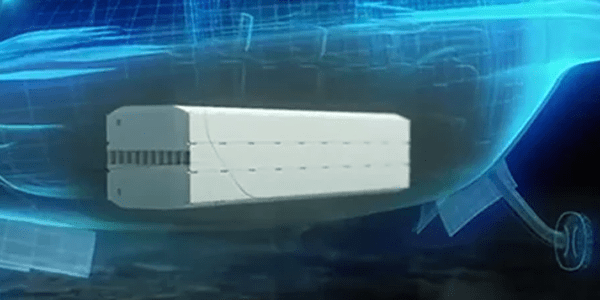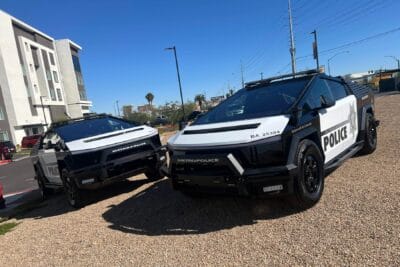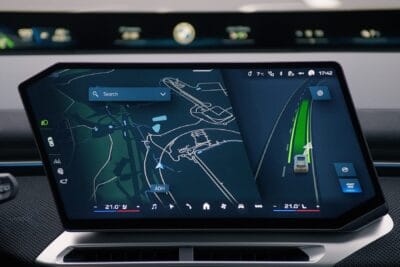Rolls-Royce develops new batteries for aviation
Rolls-Royce is entering the development of new energy storage systems for eVTOLs and electric commuter aircraft. The company is investing 80 million pounds (around 93.4 million euros) in this by 2030.
Rolls-Royce says that its goal for its battery systems is to operate zero-emission flights of more than 100 miles (160 kilometres). The energy storage systems (ESS) are suitable for all-electric and hybrid propulsion systems of VTOLs or aircraft for up to 19 seats.
By 2035, Rolls-Royce plans to integrate more than 5 million battery cells per year into modular systems. These modules are expected to deliver “market-leading energy densities,” according to Rolls-Royce. Rolls-Royce works with the University of Warwick’s Warwick Manufacturing Group through its High Value Manufacturing Catapult to achieve this goal.
“We are developing a portfolio of energy storage solutions to complement our electrical propulsion systems. This will ensure that we can offer our customers a complete electric propulsion system for their platform, whether eVTOL or a commuter aircraft. It will enable us to be a ‘one-stop shop’ for all-electric or hybrid-electric propulsion systems, which is incredibly exciting as these new markets develop and expand,” said Rob Watson, director of electrical at Rolls-Royce.
Rolls-Royce says it has been supplying battery solutions for many years and has already developed 10 different battery systems for aerospace applications. Of those batteries, four designs have already been used in three aircraft, which are said to have accumulated more than 250 hours of flight experience. Two other designs are scheduled to make their first flight on aircraft in 2021. These include a battery developed with Electroflight, a British manufacturing partner of Rolls-Royce in the ACCEL program.
In March this year, Rolls-Royce and aircraft designer Tecnam partnered with Norwegian regional airline Widerøe to deploy an all-electric passenger aircraft by 2026. Rolls-Royce is to supply the entire electric propulsion system and an energy storage system for the new P-Volt aircraft.





2 Comments